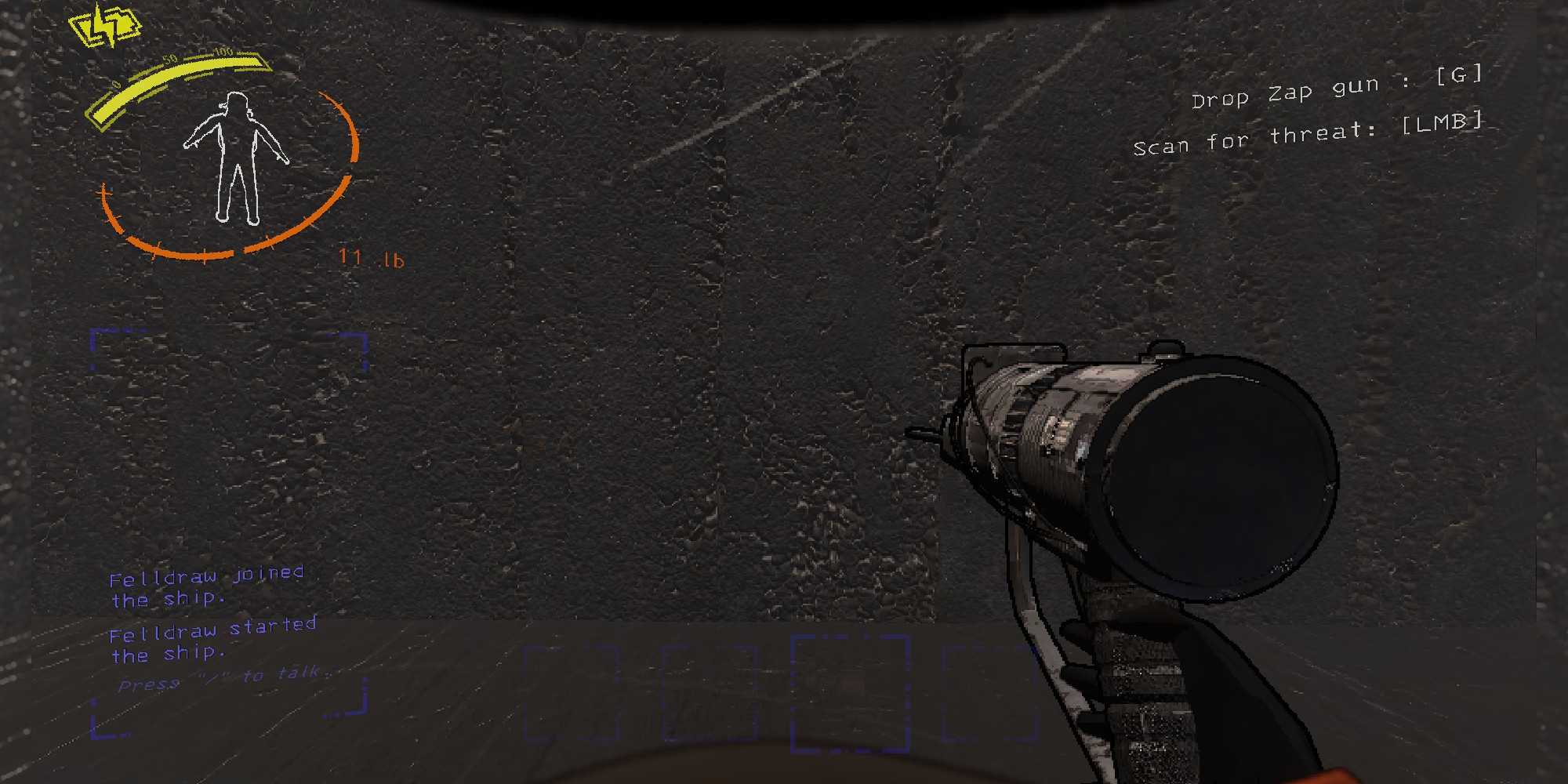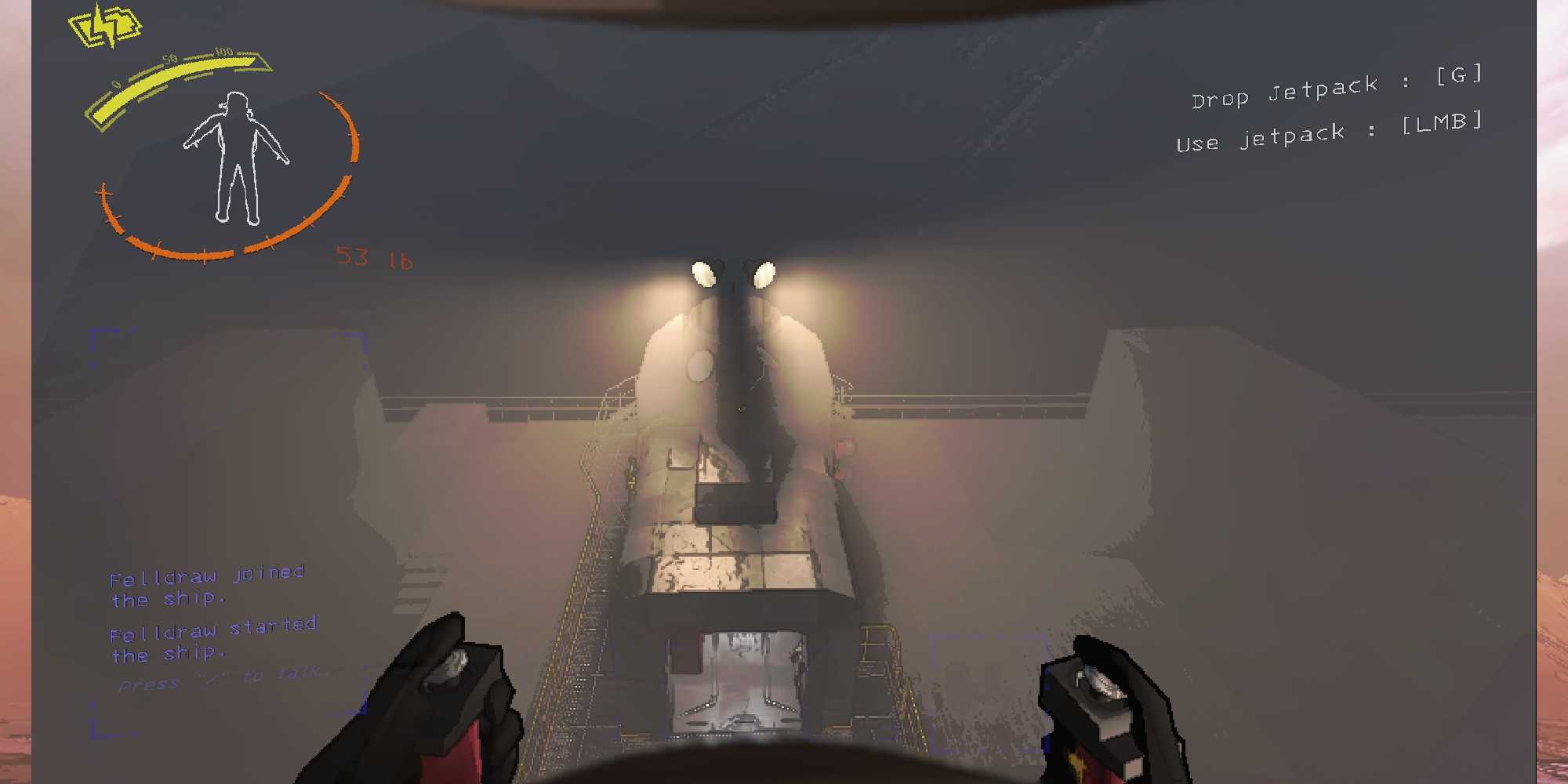How to Kill Giant Sapsuckers in Lethal Company
Quick Links
-
The Basics of Giant Sapsuckers
-
Dealing with Aggressive Sapsuckers
-
Stealing Sapsucker Eggs
-
Risk Versus Reward
Lethal Company is a game in which players will need to learn how to deal with a variety of strange and exotic creatures. Giant Sapsuckers are one interesting example, as they're fairly harmless unless provoked, but provoking them can potentially net you some serious profit.
This guide discusses the basics of Giant Sapsuckers, including what causes them to turn aggressive and how best to steal their eggs (as well as when to avoid the risk altogether).
The Basics of Giant Sapsuckers

Giant Sapsuckers are large ground-dwelling birds which spawn outdoors, primarily on Vow. They are passive but very territorial, turning aggressive if attacked, touched, or if a crewmate takes one of their eggs. Stolen eggs contain a hatchling that will make noise when stolen, waking up the Giant Sapsucker if it was sleeping.
Sapsuckers have 28 HP and deal 10 damage per hit. They move and attack very quickly when aggressive, speeding up the longer they're aggressive, eventually reaching cartoonish speeds. They are a highly dangerous but also highly avoidable threat; a crew that understands the mechanics of these birds will really only need to face them if they choose to try stealing their eggs.
Giant Sapsuckers can sometimes get distracted by other Outdoor Entities, like Eyeless Dogs, with Eclipses often leading to them being highly distracted due to the immediate entity spawns. In theory, entities could even kill the Giant Sapsucker, although this didn't happen in testing and seems like it'd be rare, as these birds have a large HP pool and can deal damage fairly rapidly.
Dealing with Aggressive Sapsuckers

Practically speaking, a group will almost never want to fight a Sapsucker. They take 28 hits from a Shovel (and other equivalents, like the Yield Sign) to kill and are extremely aggressive towards egg thieves or, if hit, anyone nearby.A Sapsucker can be stunned by weapons such as the Zap Gun and Stun Grenades, but even extremely efficient use of these items is only realistically going to help a group run away, rather than land enough hits to kill the creature.
Sapsuckers can easily ruin runs, as they're very fast and speed up the longer they're aggressive. If an egg is accidentally stolen (or a crew simply underestimated the danger of theft), it should be dropped immediately, and the bird should prioritize taking the egg back to its nest unless made berserk due to it being attacked. The creature should eventually calm down if your crew keep their distance from its nest, don't steal any more eggs, and don't attack the bird. However, it can still recognize crewmates that angered it once it returns to its nest, meaning the crew involved in the incident (who survived) will need to keep their distance.
One strategy for facing Sapsuckers discovered by the community is using lightning. When the weather on a moon is Stormy, metal objects can be placed near a Sapsucker nest to cause lightning to strike the area. Lightning can kill a Sapsucker in two hits, allowing a crew to then steal all its eggs.
Stealing Sapsucker Eggs

Sapsucker Eggs are decently valuable, with one nest containing multiple eggs. The average value of an egg seems somewhat in debate by the community, although the commonly cited value of 50 at least roughly aligns with what was seen in testing. Stealing these eggs is typically going to be harder than stealing Bee Hives while producing less profit, even if you're successful, unless you can use lightning to kill the Sapsucker you're robbing.
Assuming you're not using the lightning strategy, Sapsucker Eggs should only be stolen when you're ready to leave, as the creature is going to become aggressive and quickly chase egg thieves. The farther a nest is from your ship, the less viable theft is going to be.
The best way to steal eggs (if you can't kill the bird) is by getting a bird distracted. Ideally, a Sapsucker will get distracted by enemies, pulling it away from its nest and causing it to fight non-crewmates. If you can't get this to happen, a crewmate will likely need to be sacrificed unless a nest is very close to your ship. If a crew needs to distract a bird themselves, a crewmate should steal an egg and run as far and quickly as they can in a direction away from the ship.
Once a Giant Sapsucker is distracted, all crew (save for any being sacrificed as part of the distraction) should steal eggs from its nest at roughly the same time and get onto the ship as quickly as possible. The window to leave is then likely going to be very short, as the bird rushes to collect all its eggs. As soon as someone can, a crew member should usually pull the ship lever to leave the moon; stragglers will have a brief window to hop onto the ship and run inside even as the ship takes off.
Unless a Sapsucker can be killed in some way, stealing any eggs is usually going to be virtually impossible on one's own due to the creature's speed and damage.
Risk Versus Reward

Common advice for players is to simply leave Giant Sapsuckers alone. They're very dangerous, and their eggs aren't that valuable. Unless you can kill one with lightning, or it manages to lose a fight against other creatures, successfully some eggs is likely to result in one or more deaths. There are safer ways to build wealth .
One notable exception is when a crew needs additional credits to meet their quota. If options and time are limited, you may be able to justify an egg heist (although you may want to check around and see if you could do the same thing with Bee Hives, which are usually going to be much easier to steal without anyone dying).
For additional context, one player's death loses you 8% of your total credits, or a total of 20% if you fail to recover their body. This loss affects your current credits, not your potential credits from current loot. This typically matters most when your crew needs a certain amount of credits to travel to mid- and late-game moons like Rend or Artifice , with meeting the threshold to travel to moons becoming increasingly important as your quota rises.
Post a Comment